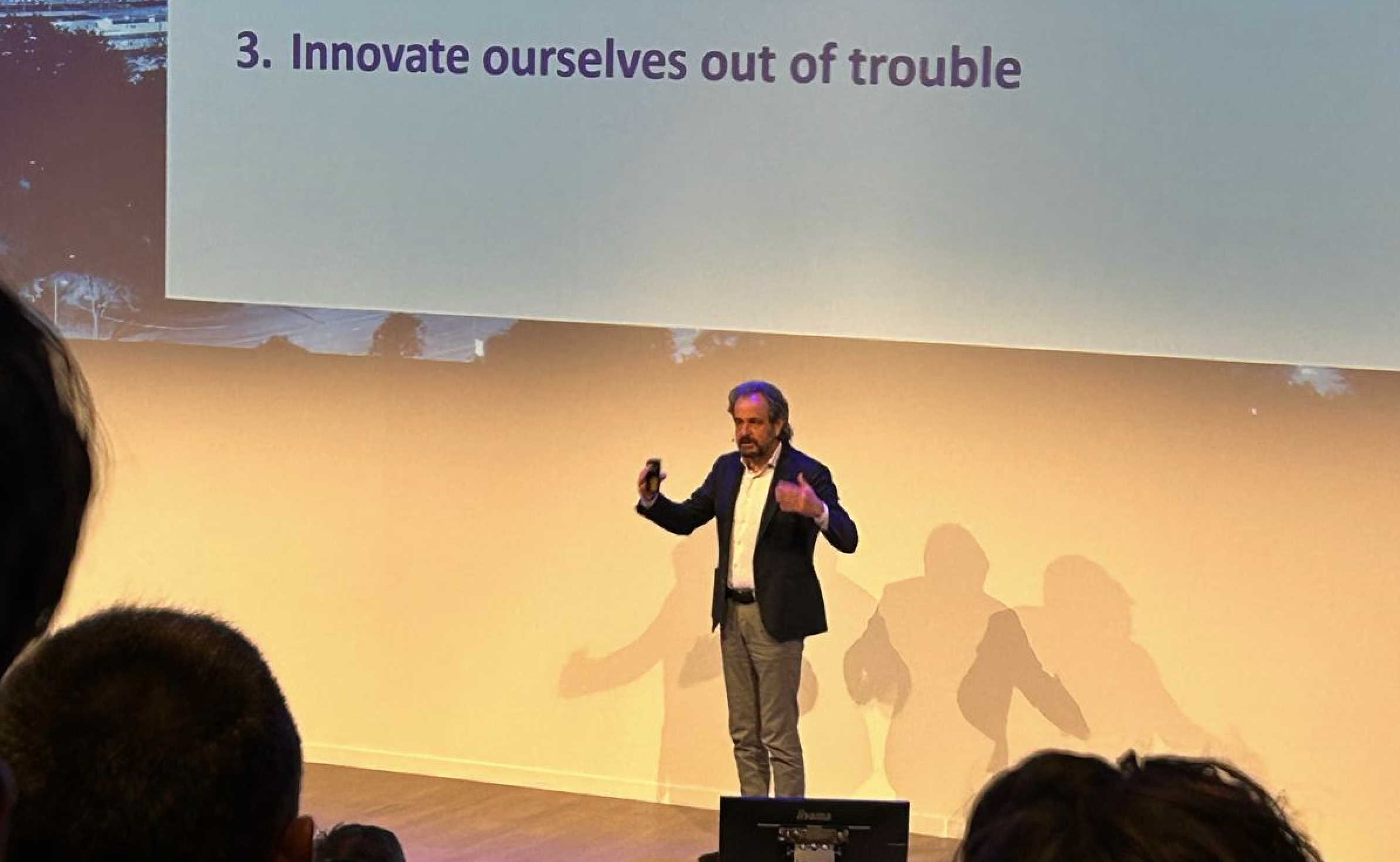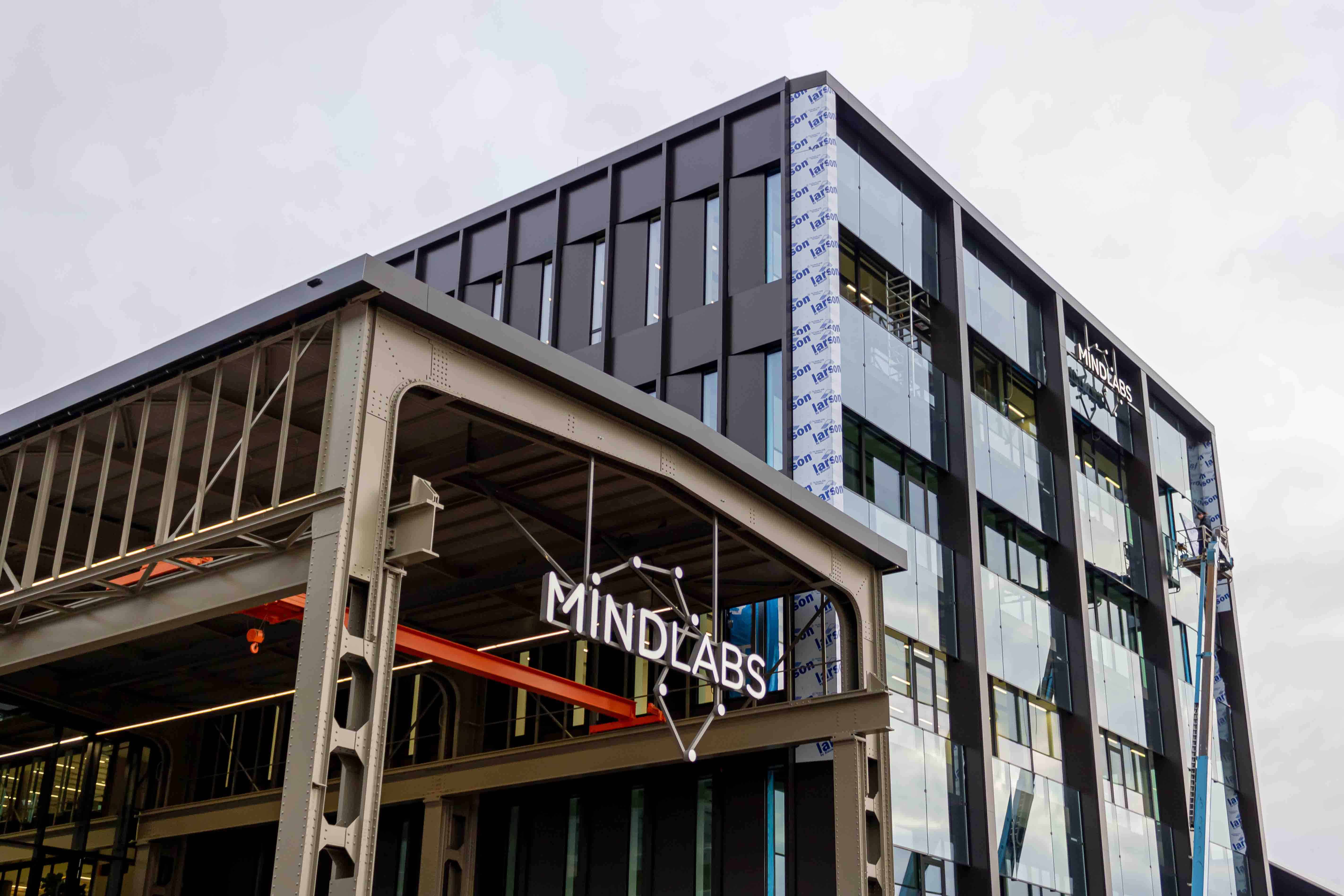
Deciphering the human genome is still a mega-job. Artificial intelligence can be a decisive instrument in this process. It seems to allow new therapeutic approaches for serious diseases, but also non-medical “improvements” of the genetic material. Since this year, scientists from the Karlsruher Institute of Technology (KIT) have investigated which applications in medicine are realistic. But also: which ethical questions will arise?
“Modern genomics research wants to understand and predict how genetic differences between people determine complex traits, such as the predisposition to common diseases,” says Harald König, Institut für Technology Assessment en Systeemanalyse (ITAS) of KIT. The possibilities to analyse genetic material are progressing steadily. However, knowledge about how our genome determines such traits is usually limited to correlations. The use of advanced forms of machine learning promises a decisive further development: “Especially deep learning can make it possible not only to ‘read’ the human genome as before but also to understand the complex biophysical relationships and mechanisms that cause physical properties to be produced from genetic predisposition,” says König.
Therapies against cancer or dementia
The new approaches combine artificial intelligence and rapidly evolving techniques for genomic analysis (including single-cell analysis) and automated laboratory platforms. The latter can yield large amounts of data on genome changes and different cellular processes, such as gene reading or the appearance of different protein forms under different conditions. “The result could be a quantum leap in knowledge – from possibly accidental correlations to causal relationships – that would enable completely new applications,” König says. Such approaches are accompanied, for example, by the hope for new, much more effective therapeutic approaches to cancer, cardiovascular disease or dementia. This “precision medicine” can be tailored to different groups of patients, disease variants or stages.
The research team, in which the Fraunhofer Institute for Systems and Innovation Research (ISI) is involved in addition to the KIT technology evaluation, wants to analyse which applications in practice are realistic in the short to medium term. At the same time, the focus will be on the various social and political implications with which the new knowledge is associated. The medicine of the future can, therefore, have enormous macro-economic and social benefits for an ageing society. In addition, some approaches, such as gene therapies and cell therapies, can also entail very high costs. This raises questions about research and development funding and patient access.
But it’s not just about money. The knowledge of what genetic information needs to be “rewritten” and how to achieve certain effects, together with recent genome processing techniques such as the CRISPR-Cas system, also raises ethical questions. At least internationally, the trend could be not only to prevent rare hereditary diseases but also frequent diseases such as breast cancer or diabetes by “preventive correction” of corresponding risk mutations in the germ line of human embryos. “A development that in extreme cases could lead to a growing acceptance in the future of ‘improving’ the human genome with non-medical interventions,” fears König.
“Preventive correction is a development that in extreme cases could lead to a growing acceptance in the future of ‘improving’ the human genome with non-medical interventions”
Moreover, society needs to consider how to regulate the ownership rights of genetic data and how to ensure their safety. In the future, for example, it may be possible to draw direct conclusions about phenotypes, for example about the appearance of humans, using genome sequences. “This knowledge”, says König, “would be extremely valuable – and not only for law enforcement authorities”.
Capabilities for political decision-makers
Based on their technological assessment, the researchers intend to develop research and innovation policy options over the next two years. They also want to give political decision-makers different opportunities to take action. The aim is to open the way for responsible use of this technology, which is driven by AI and genomics.
The project “Deepen Genomics – Opportunities and Challenges of the Convergence of Artificial Intelligence, Modern Human Genomics and Genome Editing” is part of the Innovation and Technology Analysis (ITA) of the Federal Ministry of Education and Research (BMBF). The current research projects of the programme were presented at the ITA Forum 2019 in Berlin on 14 and 15 February.
More information about the project can be found here.
Main photo © Pixabay







